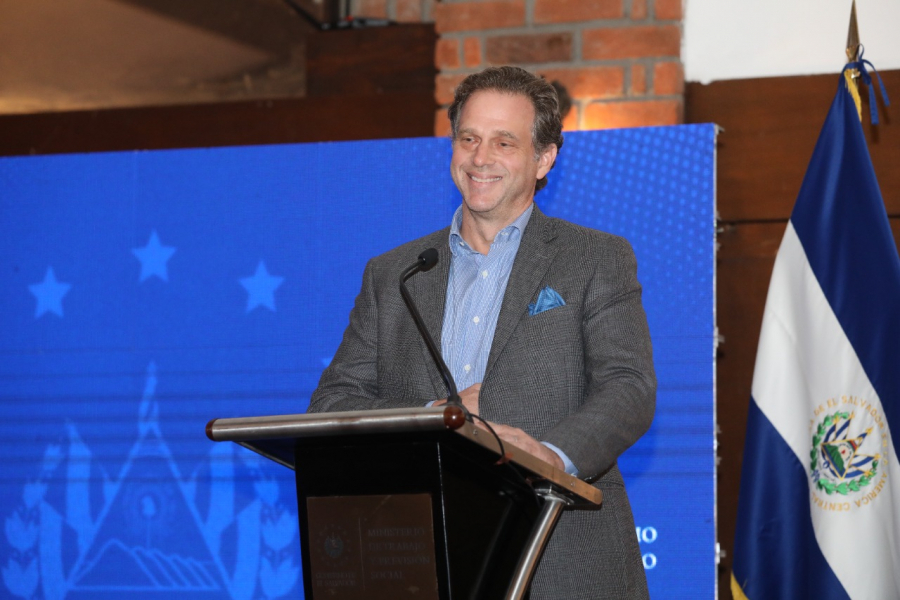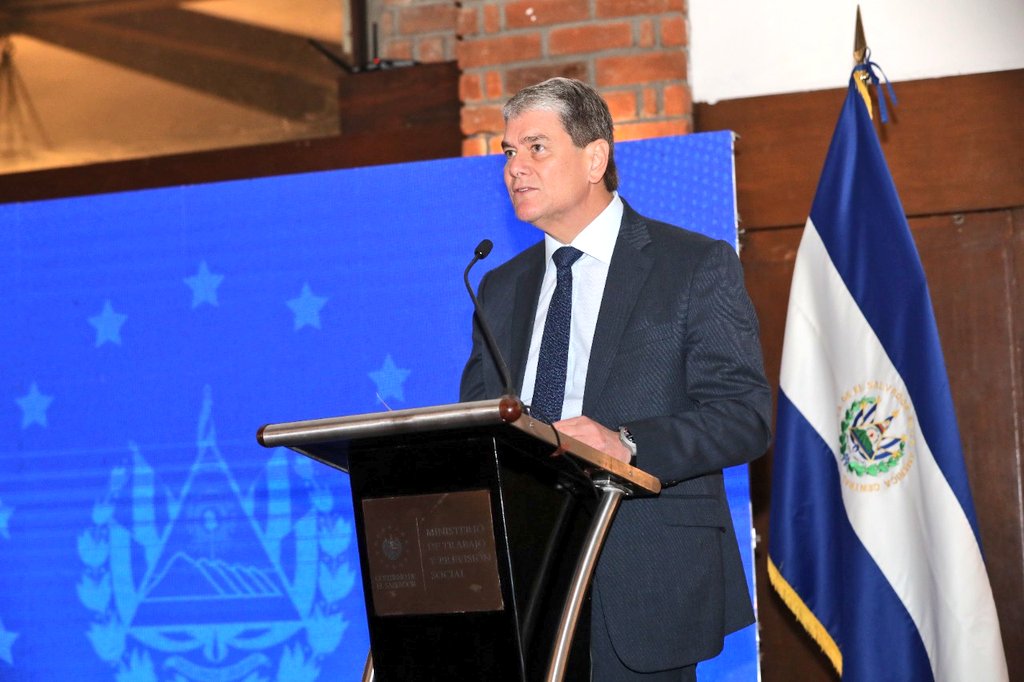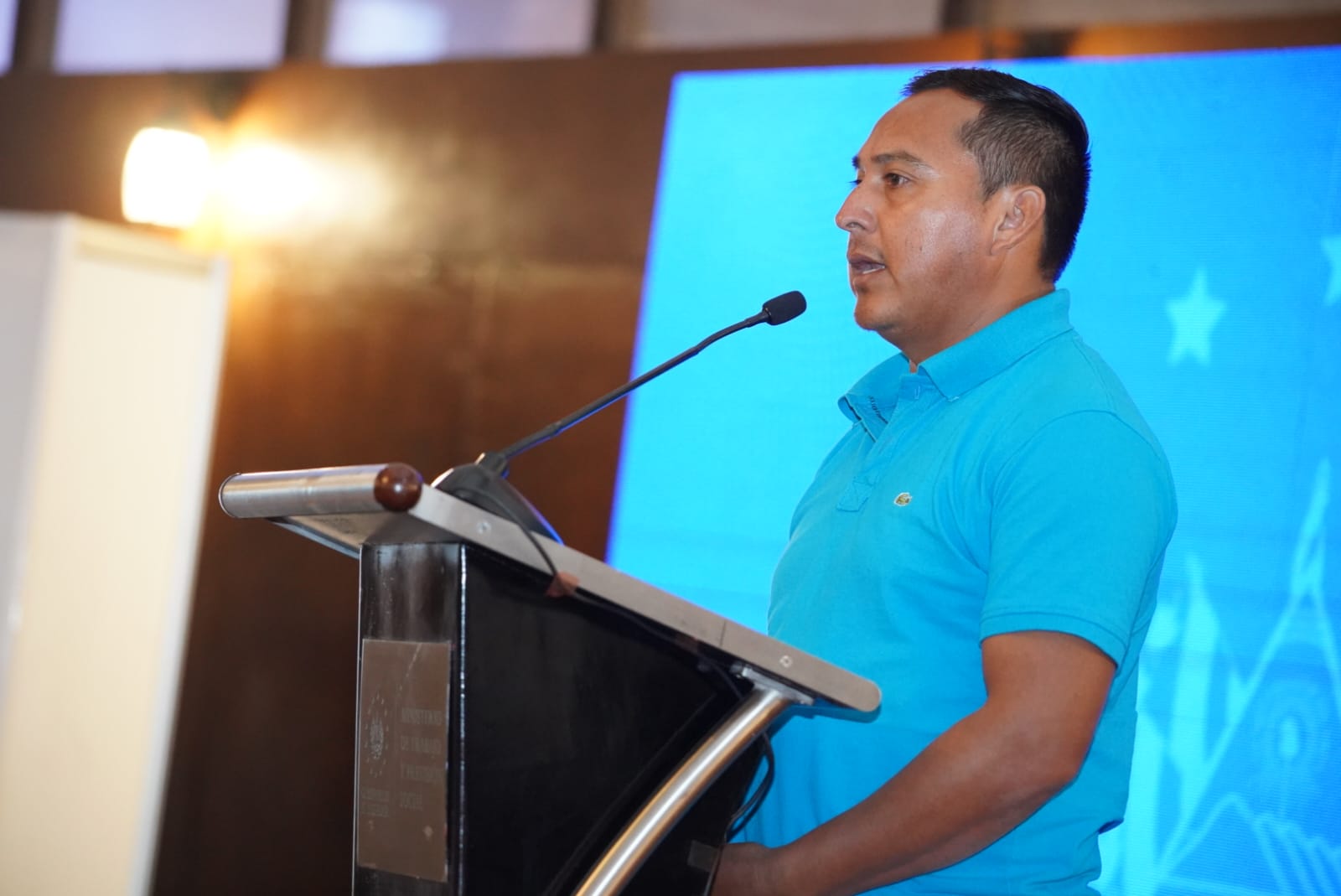The effort and constant work in this sense now allows us to achieve, with the support of the Ministry of Labor and Social Welfare, the declaration of total eradication of child labor in the cultivation and harvesting of sugar cane in El Salvador.
The efforts to eradicate child labor were centralized in the Fundación del Azúcar (FUNDAZUCAR) as the executing institution, which has developed and coordinated the work with different national and international actors, being key the responsibility assumed by the more than 7,000 sugar cane producers and the 6 sugar mills that include this issue within the Corporate Social Responsibility (CSR) programs that each one implements.
"It has been a long process. We worked on raising awareness among employees, farmers, students and teachers; productive alternatives were created with schools open during vacation periods that coincide with the harvest", explained Tomás Regalado, president of FUNDAZUCAR, an institution that has promoted the Zero Tolerance Policy for Child Labor in the cultivation and harvesting of sugar cane, prohibiting the presence of people under 18 years of age in the sugar cane harvest and in activities during the cultivation process.

"Two specific clauses are stipulated in the sugar purchase and sale contracts that prohibit the hiring of minors under 18 years of age in the sugarcane cultivation and harvesting work, otherwise, the sugarcane is not received until the fault is amended or the sugarcane purchase contract is terminated", said Tomás Regalado when detailing this policy that today allows this crop to be the first one to achieve the official declaration of an eradicated activity.
Regalado listed the three key issues that made it possible to successfully achieve this goal: 1. Alliances: eradicating child labor is an issue of international and national interest and involves working together with the different social and productive actors with a shared vision and objective, promoting as a priority the attention to this problem and achieving the eradication thanks to the efforts of different actors such as sugar mills, community, producers, local governments, schools, health units, religious institutions, among others; as well as a public-private alliance with the central government that provides sustainability to the efforts, being a commitment of all of us as a country.
2. Structured implementation strategy: with a route and development of actions with the various key actors, including permanent sensitization aimed at raising awareness and disseminating information on the legal framework and the negative impact on children, the family and the community; standardization of actions, incorporating clauses in the sugarcane purchase and sale contracts that specify the prohibition of child labor and that terminate the contract if non-compliance is verified; monitoring, integrating a system for verifying progress and compliance.
All of this, with their respective objectives, results and clear goals, set out in the road map, resulted in the creation and implementation of the Zero Tolerance Policy for Child Labor in the cultivation and harvesting of sugarcane, which has been implemented permanently since 2007 to date. 3. Creation of a new culture in the sugar sector: with the alliances and multisectoral strategy, the persistence and discipline of the work carried out, the entire sector became aware of the fact that it is now in permanent compliance with a policy, not because it is imposed but because it is a matter of its own conviction.
Mario Salaverria, president of the Asociación Azucarera highlighted the importance of the support of institutions such as the Ministry of Labor that maintain a constant work of convincing producers of the need to comply with all national and international standards in the sector.
"On november 21 we start the 2022-2023 harvest, a period that is always difficult because it coincides with the vacations of children and young people, FUNDAZUCAR and the Ministry of Labor and Social Welfare work in alliance and coordination to prevent them from getting involved.
It is a permanent effort", he said. Since 2021 FUNDAZUCAR has been working on the Observatorio de Buenas Prácticas Agrícolas (OBPA), an innovative and pioneering tool in El Salvador in the field of agriculture, it is used to measure the progress made by sugarcane producers, in the implementation of good social and environmental agricultural practices among which the prohibition of child labor in the category of working conditions and fair treatment stands out.
The Observatory is a web platform that provides reliable, systematic and permanent information at the national level. Throughout this time we have become a worldwide reference. A manual of good agricultural practices has been created for the entire region, from Guatemala to Panama", said Regalado, describing that the success of this project is largely due to the understanding that it is an effort of the country and the Central American region, which advances with the contribution and change of culture of those involved.
Translated by: A.M
 English
English  Español
Español 




